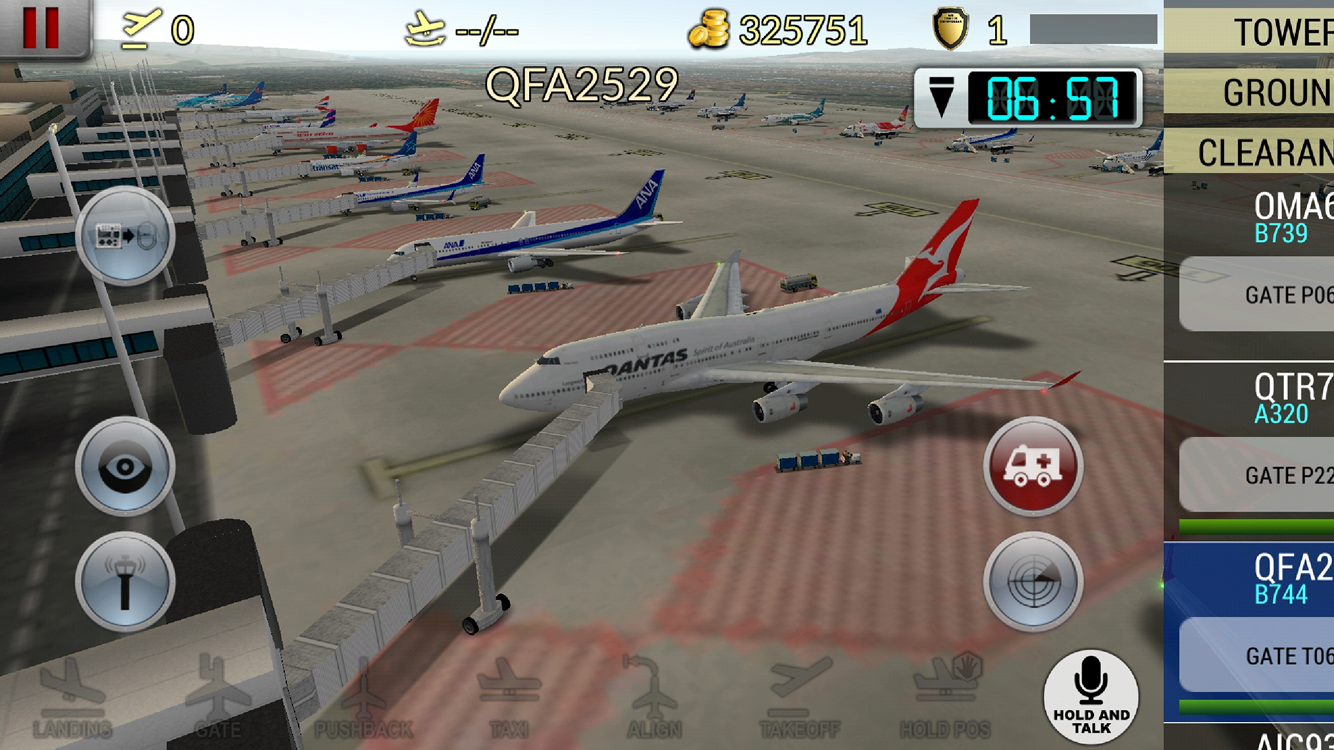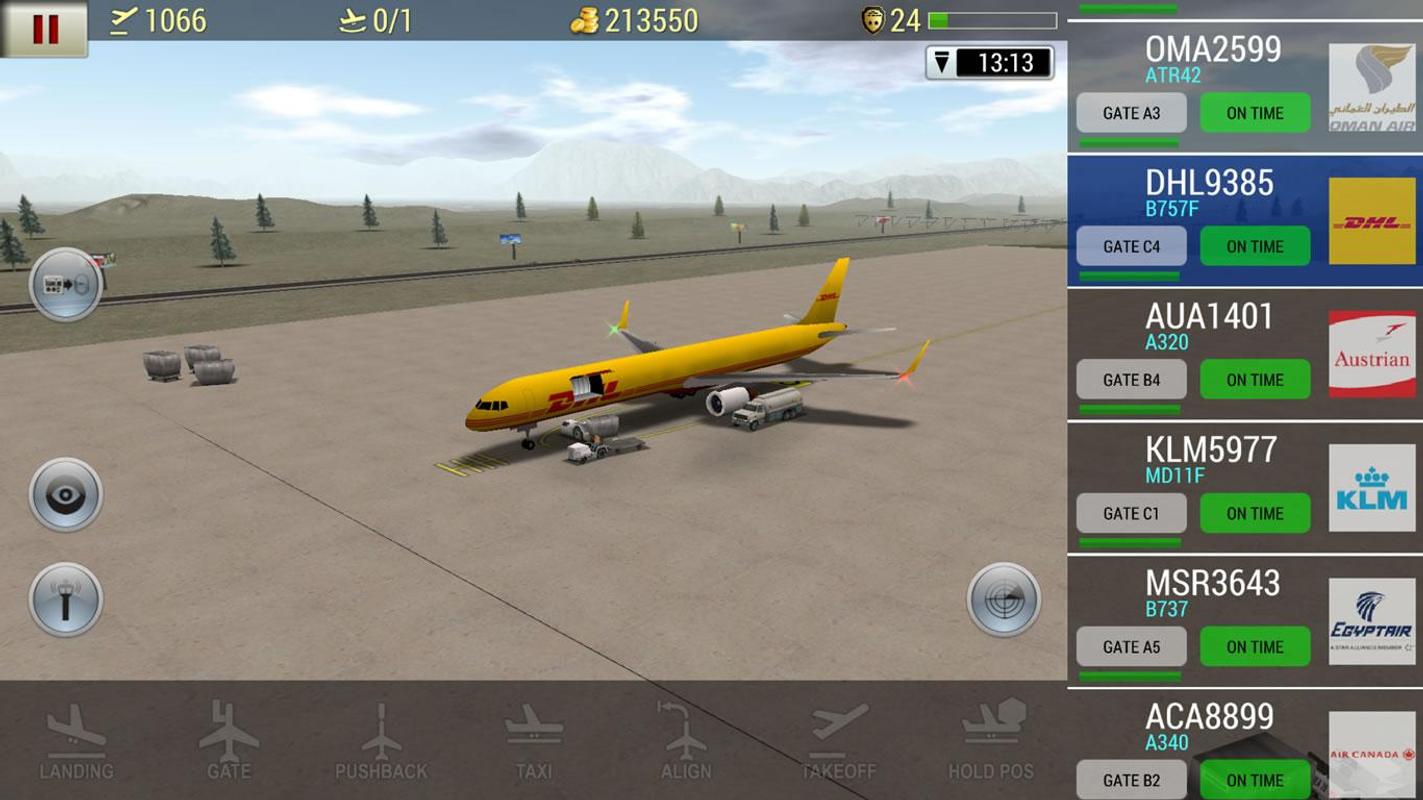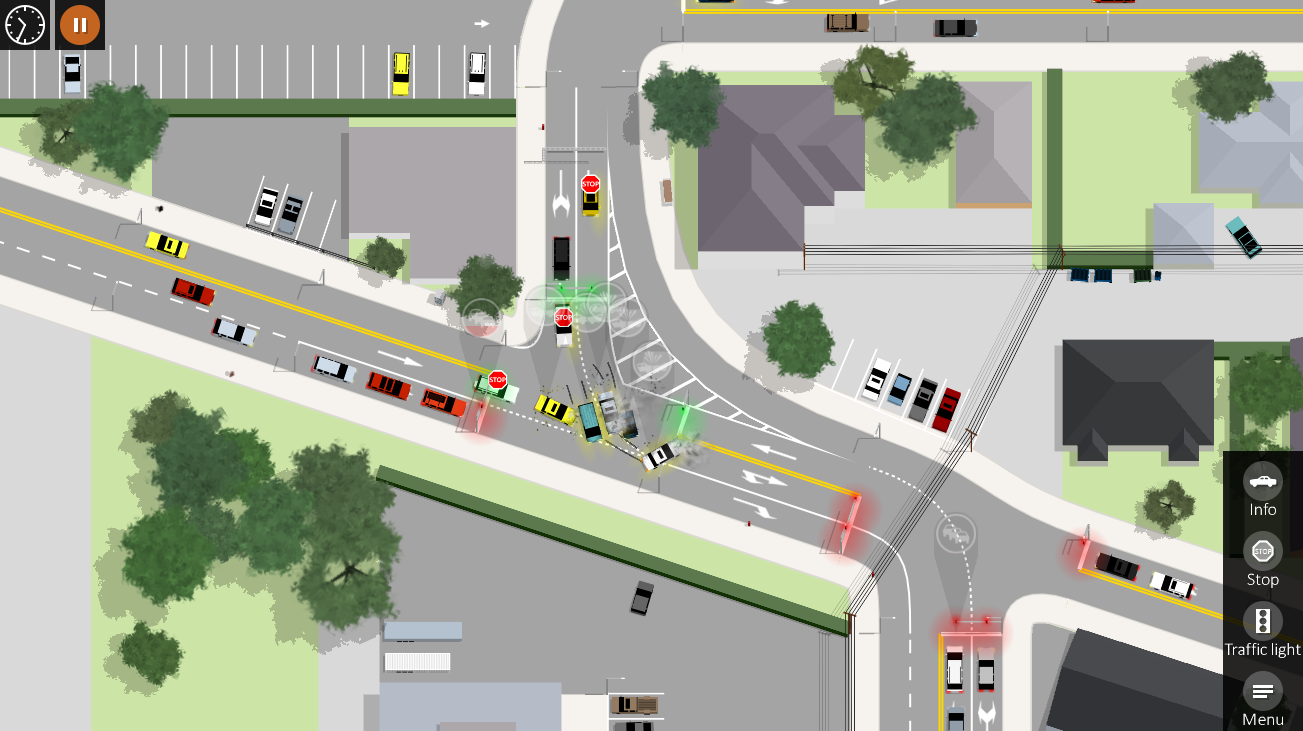

This began Federal air traffic control, and the three "stations" became the forerunners of today's Air Route Traffic Control Centers.Īs these two photos show, racks of paper strips replaced blackboards as a means of noting flight data in this era however, the system still relied on indirect communications and mental calculations. In July 1936, the Bureau fulfilled its promise to assume operation of the Newark facility and two others that had been established at Chicago and Cleveland. Ward soon became the first chief of airway traffic control for the Bureau of Air Commerce, whose leaders had encouraged the creation of such stations as a response to a growing danger of midair collisions. Tighe, these markers came to be known as "shrimp boats." The pointed markers representing aircraft were moved across the map as flights progressed. Here, he tracks a flight with the aid of a caliper as R. These individuals fed information to the en route controllers and also relayed their instructions to pilots.Įarl Ward (top) organized the Newark facility. Instead, they used telephones to stay in touch with airline dispatchers, airway radio operators, and airport traffic controllers.

They had no direct radio link with aircraft. The en route controllers kept track of the position of planes moving along the airways with the help of maps and blackboards. The photo above shows operations at this Newark, N.J., facility during the following year. In December 1935, an airline consortium opened the first Airway Traffic Control Station for keeping aircraft safely separated as they moved between airports. Controller Bill Darby is shown with the latest equipment in this 1936 view of Newark tower. In the next five years, about twenty cities followed Cleveland's lead. In 1930, Cleveland Municipal Airport established a radio-equipped airport control tower. The profession that League pioneered soon gained a measure of sophistication. He eventually became FAA's Air Traffic Service director and retired as an Assistant Administrator in 1973. League joined the Federal service in 1937. His other equipment included a folding chair, drinking water, and a pad for taking notes. Note the rolled-up flags in the wheelbarrow, and the dangling lunch box. His communication tools were simple: a red flag for "hold" and a checkered one for "go."Ībove, League is shown on duty in his summer office. Louis, where the airport operator employed him to prevent collisions between aircraft.

The 1929 photo shows him dressed for cold weather at St. League, usually regarded as the first air traffic controller.
#UNMATCHED AIR TRAFFIC CONTROL UPDATE HITORY SERIES#
Airport Safety Information Video Series.

Passenger Facility Charge (PFC) Program.Airport Coronavirus Response Grant Program.General Aviation & Recreational Aircraft.Vintage & Experimental Aircraft Program.Aviation Safety Draft Documents Open for Comment.


 0 kommentar(er)
0 kommentar(er)
